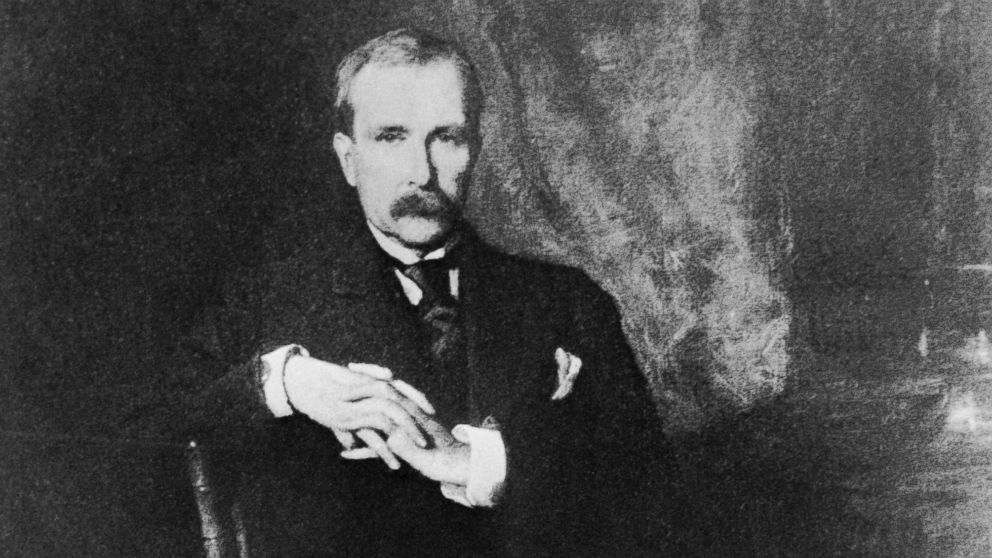Rockefeller Family Fund Divests From Fossil Fuels
The oil rich family condemned ExxonMobil and fossil fuels.

— -- The Rockefeller Family Fund, a charitable arm of the oil rich family, has pledged to divest all of its financial investments from fossil fuel companies.
"It makes little sense — financially or ethically — to continue holding investments in these companies," the RFF said in a statement.
The RFF's holdings in fossil fuels accounts for 6 percent of the fund's $130 million portfolio, according to RFF's director Lee Wasserman.
"We hope that in our small way this can send a message to similarly concerned individuals that the climate crisis is real," Wasserman told ABC News.

The RFF is the smallest and youngest of three charitable organizations run by the Rockefeller family, which also includes the Rockefeller Foundation and the Rockefeller Brother's Fund. The RFF's decision to divest from fossil fuels comes less than a year after the Rockefeller Brother's Fund said it was withdrawing all of the $45 million it had invested in fossil fuels. The much larger Rockefeller Foundation, with an endowment of $4 billion, has so far neglected to follow suit. A representative for the Rockefeller Foundation did not immediately respond to ABC News' request for comment.
"There couldn't be a more iconic institution to divest from fossil fuels than the Rockefellers," Jamie Henn, strategy and communications director for climate advocacy group 350.org, told ABC News.
"Its another big win for the divestment movement to have the children of Standard Oil divest from fossil fuels," Henn said.

In a statement, the RFF singled out ExxonMobil for its "morally reprehensible conduct."
"Evidence appears to suggest that the company worked since the 1980s to confuse the public about climate change's march, while simultaneously spending millions to fortify its own infrastructure against climate change's destructive consequences and track new exploration opportunities as the Arctic's ice receded," the statement said.
The condemnation is just some of the bad news Exxon has received recently. In November, New York State Attorney General Eric Schneiderman launched an investigation into whether Exxon lied to the public and shareholders about climate change.
Exxon has denied all allegations.
Just this week, the Security and Exchanges Commission ruled that Exxon must include a climate change resolution on its annual shareholder proxy, a major blow to the world's largest publicly traded oil producer.

RFF's decision to divest, which will be completed "as quickly as possible," comes as a major victory for the divest movement, which for years has campaigned for a wide range of institutions to withdraw investments from fossil fuels.
The divest movement, which took off across a handful of college campuses in late 2012, has since enlisted more than 500 institutions, representing $3.4 trillion in assets, to make some form of commitment to divesting from fossil fuels. Stanford University, the insurance giant Allianz, and the Norwegian Government Pension Fund are among the growing list of institutions committed to divesting.
"The campaign has grown faster and gone further than we ever would have expected," Henn said.




